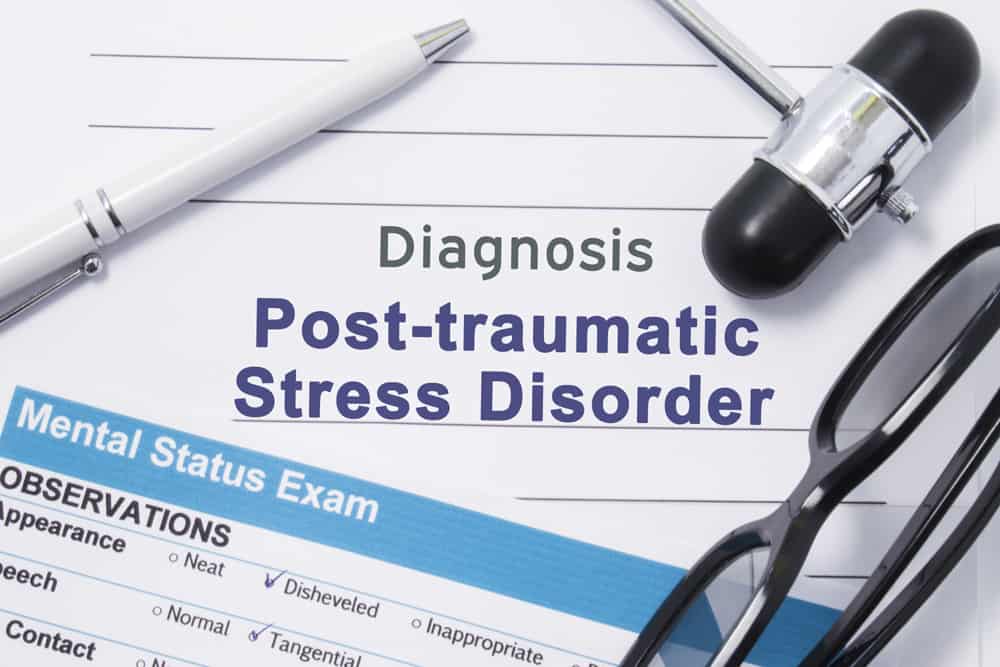
There are many different reasons an employee may suffer a psychological workplace injury. Whether they experienced a physical injury that led to their psychological injury or if they have experienced high levels of stress at work, suffering a mental injury can be debilitating and result in a long road to recovery. Workers who have suffered a psychological workplace injury are entitled to receive workers’ compensation benefits to help cover any resulting expenses like medical bills or lost wages as a result of not being able to work.
KCNS Law Group is a team of California workers’ compensation lawyers dedicated to helping clients get the benefits they are owed. If you plan to file a workers’ compensation claim after suffering a mental injury, you may be wondering how to prove a psychological workplace injury to avoid having your claim denied by your employer.
A person may suffer from a psychological workplace injury when they have suffered from mental trauma due to an accident, traumatic event, or sudden shock. These types of injuries may occur as a result of a traumatic accident at the workplace, lack of support from management, or job insecurity. Examples of a psychological workplace injury may include:
Some common symptoms of different psychological workplace injuries are:
If you have suffered a mental workplace injury, it is your legal right to file a workers’ compensation claim to pursue benefits for the losses you have suffered as a result. If you are unsure how to prove that you have suffered a psychological workplace injury, a workers’ compensation lawyer may be able to help.
According to Pursuant to Labor Code 3208.3, (a), a psychological injury is compensable if the injury is a mental disorder that has resulted in disability or necessary medical treatment. In order to prove that your psychological injury occurred as a result of your workplace, there must be proof that shows that events of your employment led to the eventual injury. To receive workers’ compensation benefits for a psychological workplace injury, you must meet the following criteria:
It may be difficult to prove that the psychological injury you have suffered is a direct result of an event or conditions at your place of work. However, with the help of a trusted workers’ compensation lawyer, you may be able to get the benefits you deserve to help cover the costs of any expenses you have incurred as a result.
KCNS Law Group has decades of experience helping clients with various types of workers’ compensation cases. We pride ourselves on our personalized care for our clients. At KCNS Law Group, we do not settle for low offers when we know our clients deserve more. For a free consultation, call (818) 937-9255 or fill out our contact form.